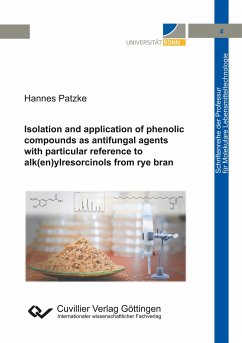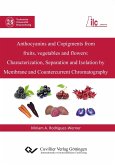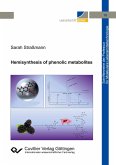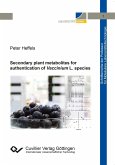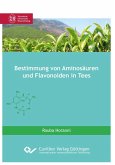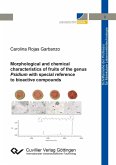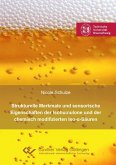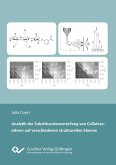Secondary plant metabolites are part of the plant¿s defense system against biotic and abiotic stresses, such as fungal attack. They are often found in large quantities in the outer layers of plant tissues. These metabolites may serve as natural alternatives to synthetic pesticides and may be recovered from by-products of food processing. The work described in this thesis deals with alkylresorcinols from bran, in particular with a novel process for their fractionation based on deep bed filtration at -80 °C and the determination of their antifungal activity against different Fusarium species. In addition, several phenolic compounds were investigated for their efficiency in a fungicide formulation. Ferulic acid proved to be highly efficient against the phytopathogenic fungus Botrytis cinerea. The fungicide formulation depressed spore germination and mycelial growth, inhibited the growth of fungicide-resistant Botrytis cinerea isolates, and effectively reduced the infection of contaminated table grapes.
Hinweis: Dieser Artikel kann nur an eine deutsche Lieferadresse ausgeliefert werden.
Hinweis: Dieser Artikel kann nur an eine deutsche Lieferadresse ausgeliefert werden.
